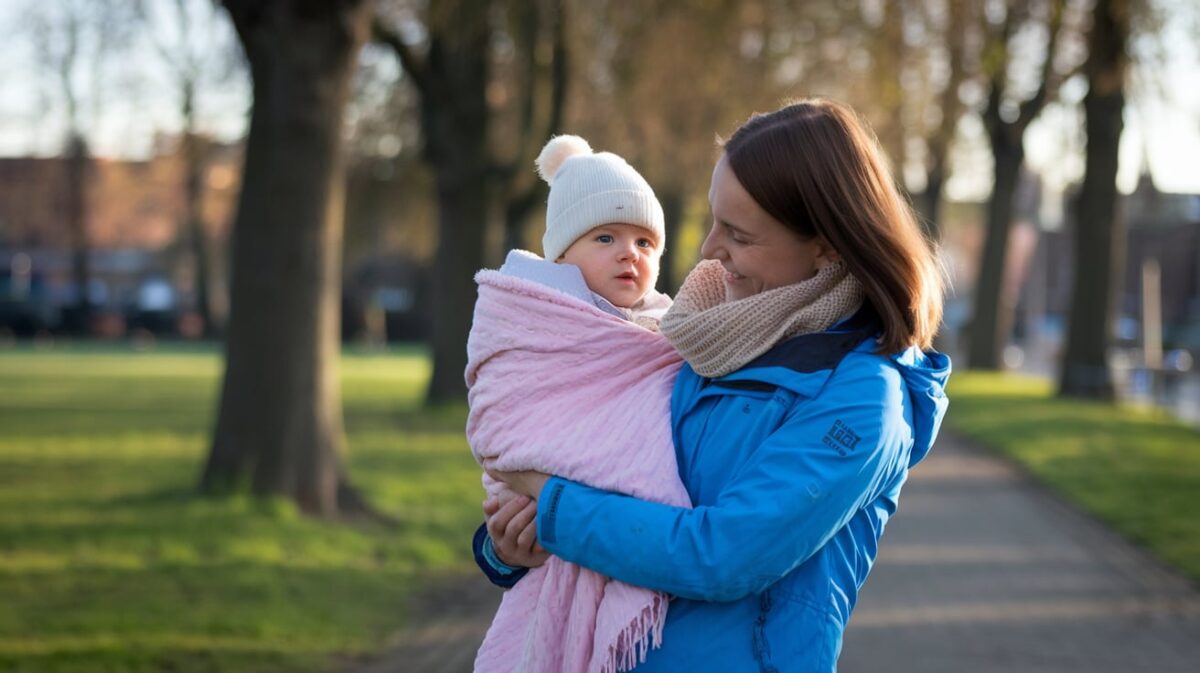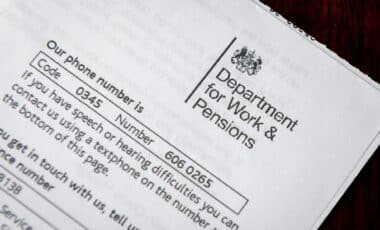Expecting and new mothers who meet specific criteria may be eligible for up to £184.03 per week through Maternity Allowance, a financial support scheme provided by the Department for Work and Pensions (DWP). This assistance is designed to help those who do not qualify for Statutory Maternity Pay (SMP), ensuring they can take time off work to care for their newborns.
The payment, which can last for up to 39 weeks, is available to employed, self-employed, or recently unemployed women who meet the required earnings and employment history criteria. However, those who take the full 52 weeks of Statutory Maternity Leave will not receive financial support for the final 13 weeks, as Maternity Allowance is limited to 39 weeks, according to Manchester Evening News.
Who is eligible for Maternity Allowance?
Maternity Allowance is aimed at individuals who do not receive Statutory Maternity Pay from their employers but have worked or been self-employed for a sufficient period before their child’s birth. To qualify, applicants must meet at least one of the following conditions:
- Employed workers: Must have worked for at least 26 weeks during the 66 weeks leading up to their baby’s due date.
- Self-employed individuals: Must have been registered as self-employed for 26 weeks within the same period.
- Minimum earnings requirement: Those in employment must have earned at least £30 per week for a minimum of 13 weeks within the qualifying period, though these weeks do not need to be consecutive.
In cases where a pregnancy ends in stillbirth after 24 weeks or if the baby is born alive at any stage of pregnancy but does not survive, the mother may still be eligible for Maternity Allowance, according to official guidance.
How Maternity Allowance affects other benefits
Receiving Maternity Allowance can have implications for other DWP benefits. While it does not necessarily disqualify claimants from receiving additional support, it may lead to adjustments in payment amounts.
According to government guidance, benefits that could be affected include:
- Universal Credit
- Carer’s Allowance
- Employment and Support Allowance (ESA)
- Income Support
- Jobseeker’s Allowance (JSA) (which stops entirely when Maternity Allowance is received)
- Housing Benefit
- Council Tax Reduction
- Bereavement benefits
Despite potential adjustments, official sources state that in most cases, payments for these benefits either remain unchanged or increase when Maternity Allowance is granted.
Applicants who wish to claim Maternity Allowance must complete an MA1 form and submit proof of earnings, employment history, and the baby’s due date. Payments can start as early as 11 weeks before birth, with the earliest eligibility beginning after 26 weeks of pregnancy.









